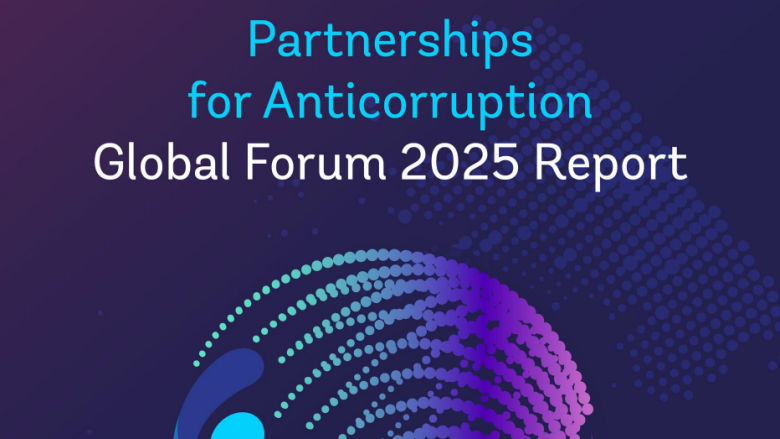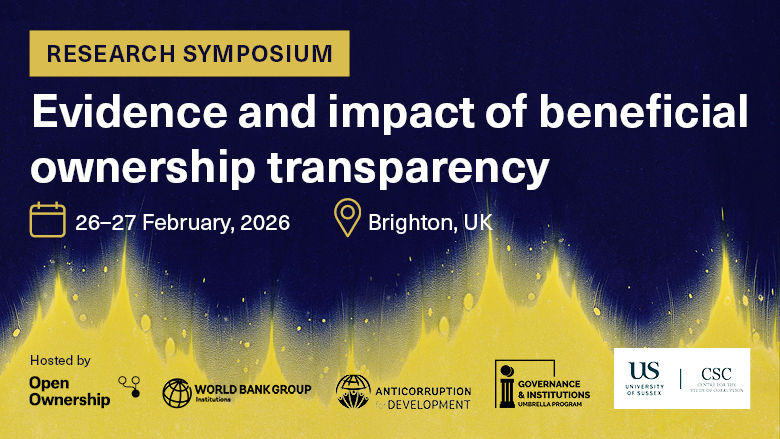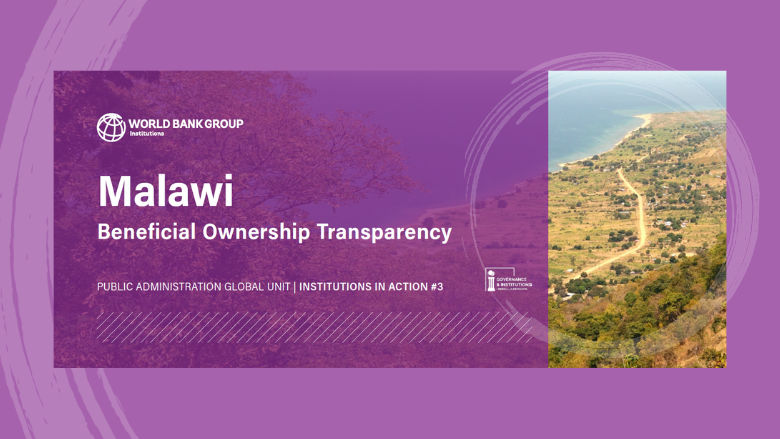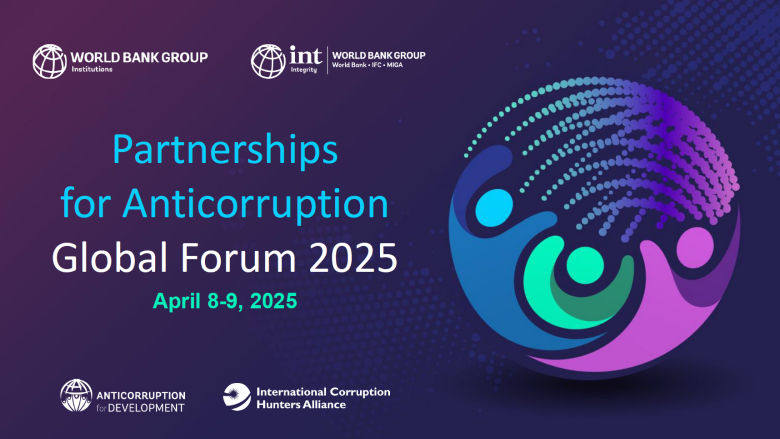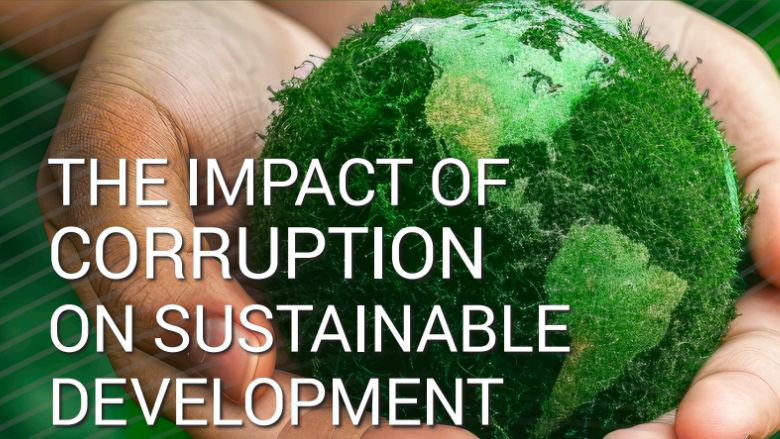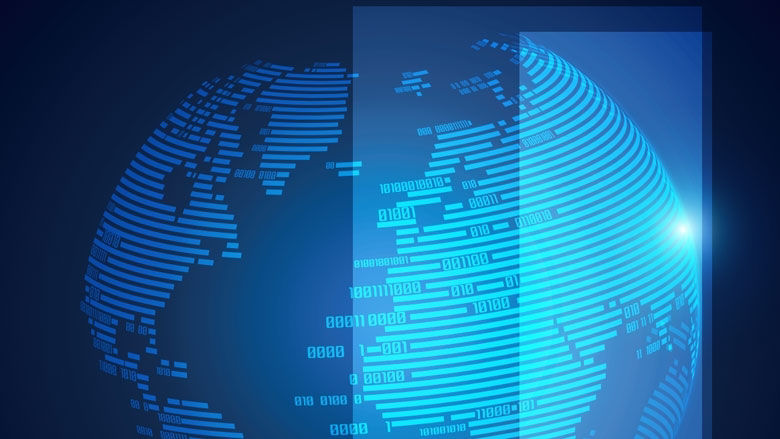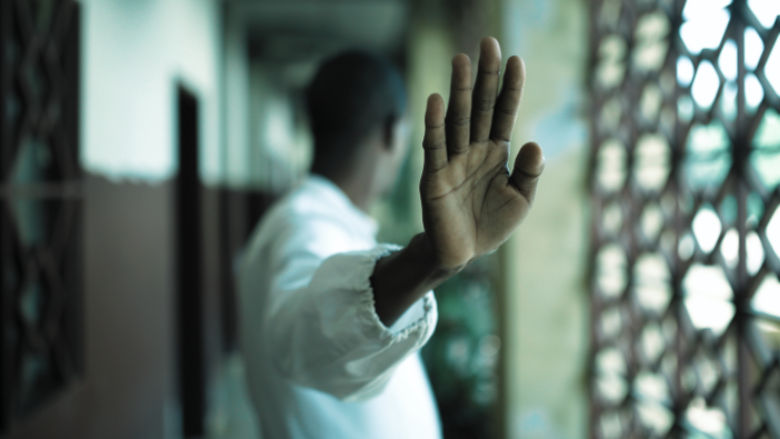Combating Corruption
The World Bank Group considers corruption a major obstacle to eradicating extreme poverty and promoting shared prosperity on a livable planet. Corruption has a disproportionate impact on the poor and most vulnerable. It increases costs, reduces access to health, education, and justice, and exacerbates environmental degradation and biodiversity loss.
Corruption erodes trust in government and undermines the social contract. This is a cause for concern globally, especially in contexts of fragility and violence, as corruption fuels and perpetuates inequalities and discontent that lead to fragility, violent extremism, and conflict. Corruption hinders investment and domestic revenue mobilization, impacting financing for sustainable development. Countries that can reduce corruption use their human and financial resources more effectively.
The World Bank recognizes that corruption takes many forms. It can impact service delivery, such as when officials require bribes to provide routine services. Corruption may unfairly determine who is awarded government contracts, with awards favoring friends, relatives, or business associates of government officials. Corruption may also take the form of state capture, distorting how institutions operate and who controls them, with this type of corruption often having the highest economic impact. Tackling every kind of corruption is critical to achieving sustainable and inclusive development.
The Anticorruption for Development Global Program initiatives are financed by the World Bank’s Governance and Institutions Umbrella Program (G&I). G&I is a multi-donor trust fund established in 2022. It receives generous support from the Federal Ministry of Finance of the Republic of Austria, Global Affairs Canada, the Chandler Foundation, the Ministry of Foreign Affairs of Estonia, the European Union, the Hewlett Foundation, the MacArthur Foundation, the Ministry of Economy and Finance of the Republic of Korea, the Swedish International Development Cooperation Agency (SIDA), the Swiss State Secretariat for Economic Affairs (SECO), and the United Kingdom’s Foreign, Commonwealth & Development Office (FCDO). To learn more, please visit the G&I Umbrella Program page.

